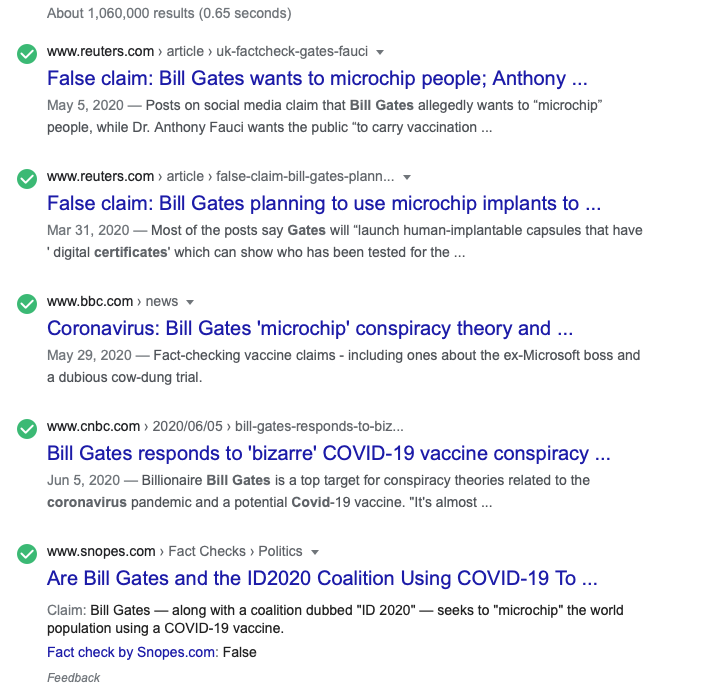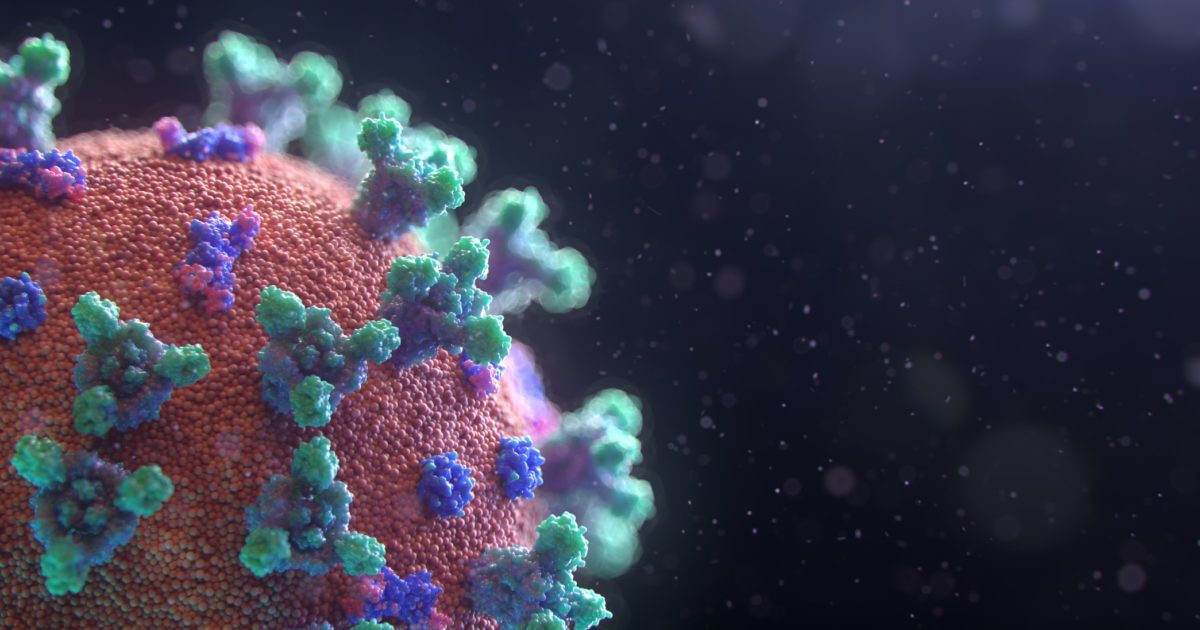Back in April, there was this huge push to use digital certificate technology combined with ubiquitous smartphones and near-field communications capabilities to devise some kind of “virtual safe zone” or “immunity passport” for COVID-19. That started all kinds of rumors that Bill Gates wants to implant everyone with microchips.

In fact, Gates gave a TED Talk in March. “Eventually what we’ll have to have is certificates of who’s a recovered person and who’s a vaccinated person,” Gates said, reasoning “because you don’t want people moving around the world where you’ll have some countries that won’t have it under control.” Much of the brouhaha was over some “quantum dot” injectable dye research that was partially funded by the Gates Foundation (they fund a lot of things) hasn’t progressed beyond initial research and hasn’t even been tried on humans.
So we’re left with a very do-able “digital passport” idea. Why not have some personal certificate issued by a health department that you can load on your phone? After all, they do it with movie tickets (remember movies?), sporting event tickets, airline boarding passes, and credit cards. You can touchlessly ding yourself out of the grocery store, open and start your car, unlock your house, and a variety of other deeply personal tasks using your smartphone. But we’re still using lockdowns and cancelling Thanksgiving feasts for everyone, when not everyone is susceptible or capable of spreading COVID-19.
There have been nearly 13 million COVID-19 “cases” in the U.S. as of Thanksgiving, and 263,462 deaths. Math tells us that 12.6 million haven’t died; if we subtract another 100,000 or so who are in hospitals right now, and therefore can’t be assured they’ll recover, plus let’s say another 250,000 who may actively have the virus and can spread it (those are raw estimates and likely higher than the actual numbers) that leaves 12.25 million Americans who likely can’t be reinfected and who can’t spread the virus because they are not active carriers with viral load shedding.
There is currently no way for those Americans (including me) to gather, go out to eat, shop, and live our lives in peace without dealing with the same lockdowns, restrictions and mandates affecting everyone else who needs those precautions.
Why should those of us who can’t be reinfected and can’t spread the virus wear masks? What medical reason is there for it? Why can’t a group of COVID-19 recovered individuals gather in groups as large as any of us want? Give me a medical reason for not allowing it? There are none, and the only hurdle is some way to deal with separating the “immune” from the “not immune.”
Why was Thanksgiving virtually cancelled for millions of Americans who had no medical reason to be restricted? Everyone should be pleased that the Supreme Court struck down New York’s draconian power grab to shut down religious gatherings–especially among Jews–because it was a clear violation of the First Amendment. There are around 14 million Jews in America, and over 12 million COVID survivors who are also being unfairly targeted. Where’s the lawsuit, and what court will grant us our freedom?
Bill Gates is absolutely right. When the vaccine comes out in the next month or so, those who are vaccinated (it will take up to 30 days and two doses to achieve actual immunity) will need a way to show they are protected. And then you’ll see an enormous backlash against lockdowns that affect all of us. Then, someone will do something about it, at least for those who are vaccinated.
Those of us who lived through COVID-19 and are still alive may or may not be eligible for the vaccine, but our rights should be protected from unwarranted government interference. We are not going to kill grandma, but we’re treated as if we could.
Stop persecuting COVID survivors and give us a smartphone app to prove immunity. It’s such a simple answer, I don’t know why it’s not already done.
Follow Steve on Twitter @stevengberman.
The First TV contributor network is a place for vibrant thought and ideas. Opinions expressed here do not necessarily reflect those of The First or The First TV. We want to foster dialogue, create conversation, and debate ideas. See something you like or don’t like? Reach out to the author or to us at ideas@thefirsttv.com.

